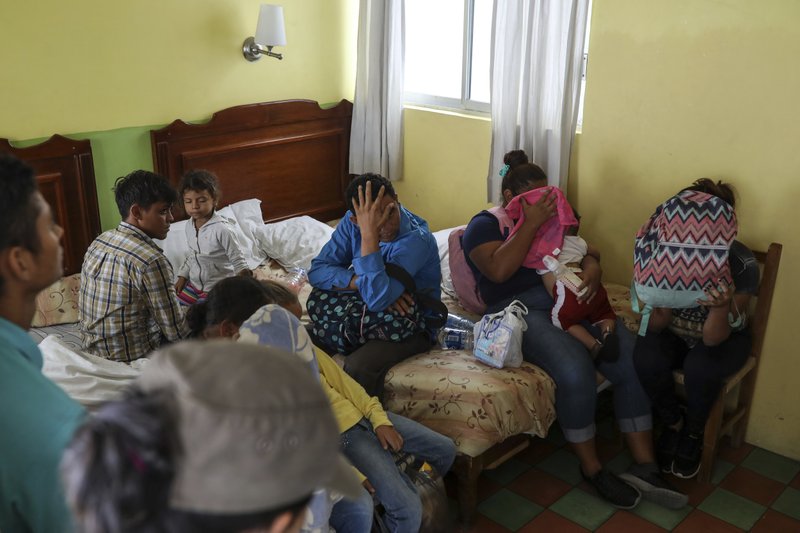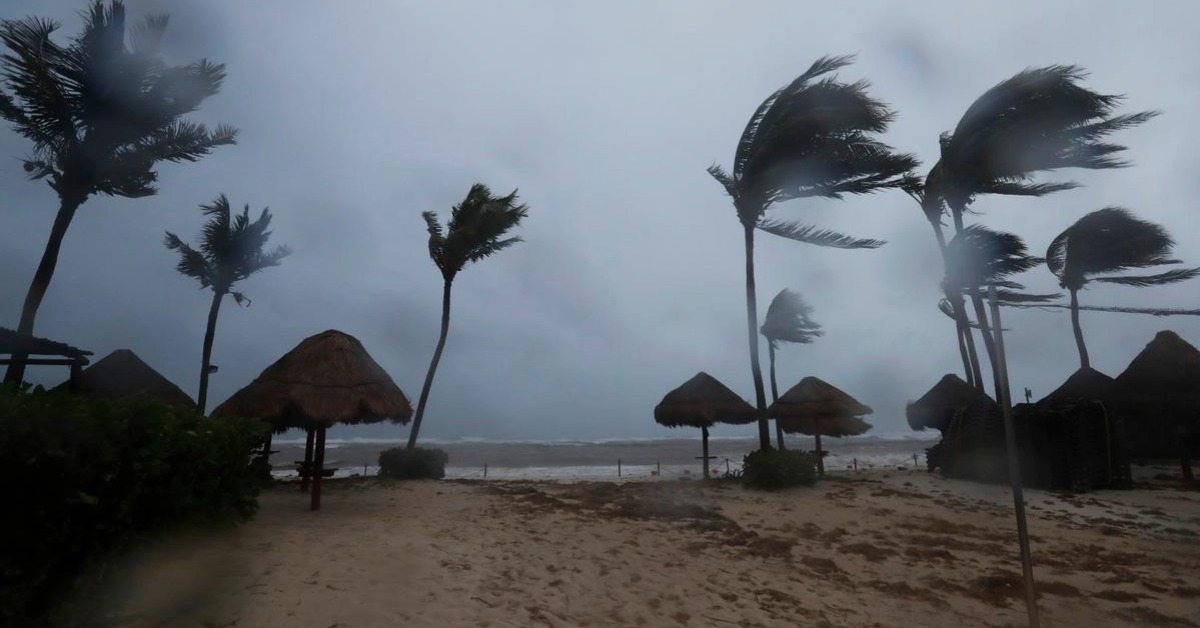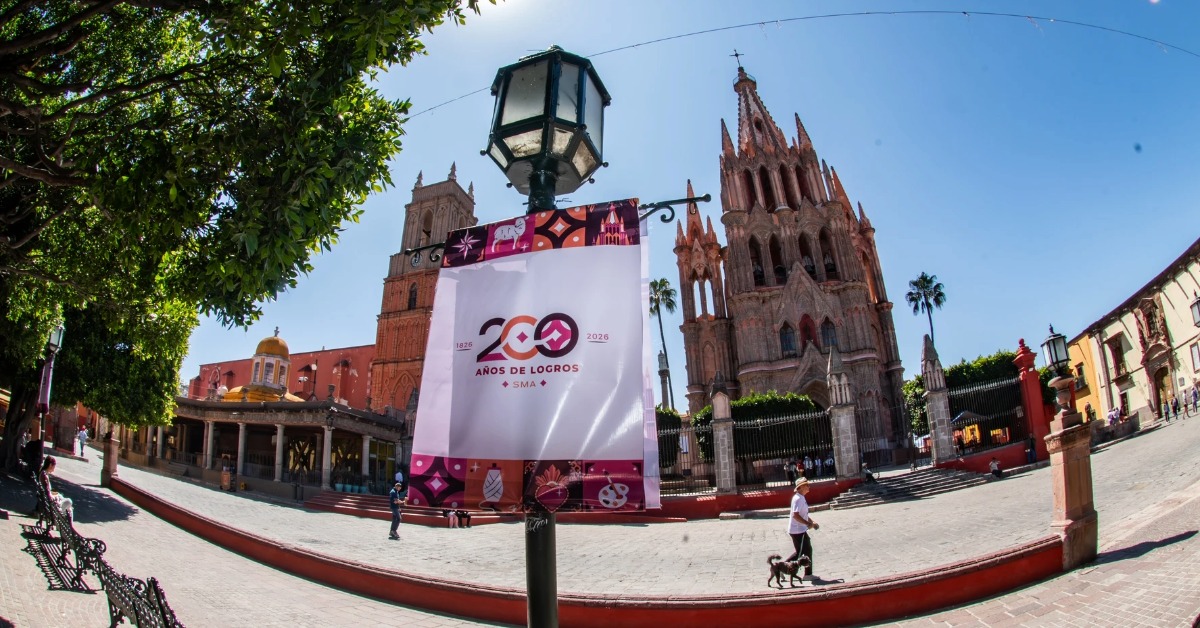Mexican police, soldiers and National Guard are raiding hotels, buses and trains to round up migrants, creating scenes of weeping Central American mothers piled into police vans along with their children and overflowing detention centers with deplorable conditions.
Such scenes have caused an outcry in the United States, but in Mexico there has been little backlash against the government of President Andrés Manuel López Obrador even though his country has historically had a deep sympathy for the plight of migrants.
This sympathy has been eroded by the migrant caravans of late 2018 and early 2019, which left a . . .






